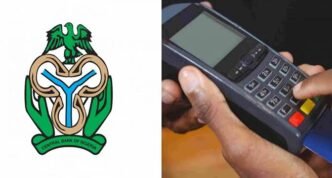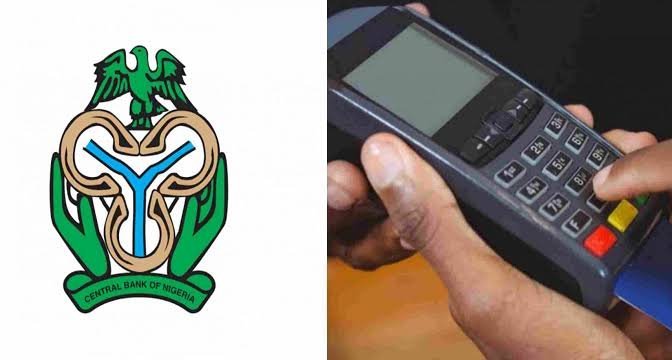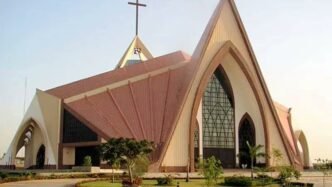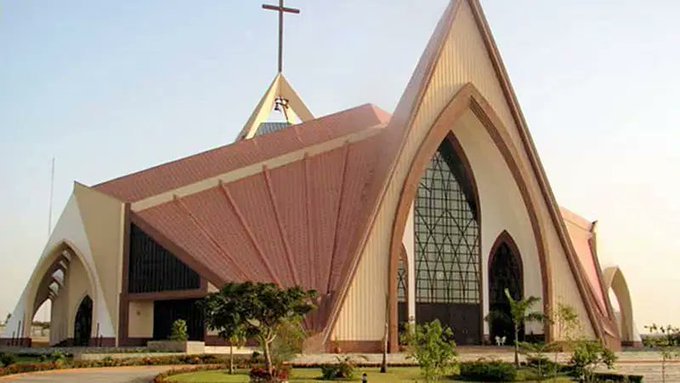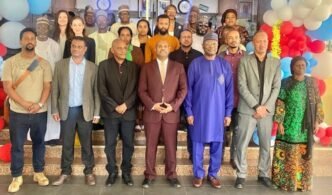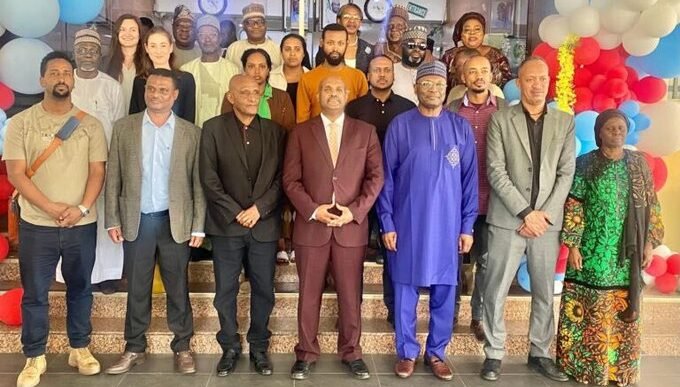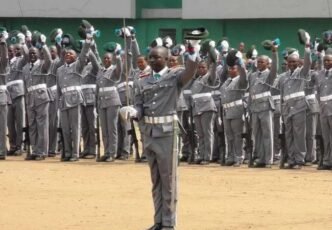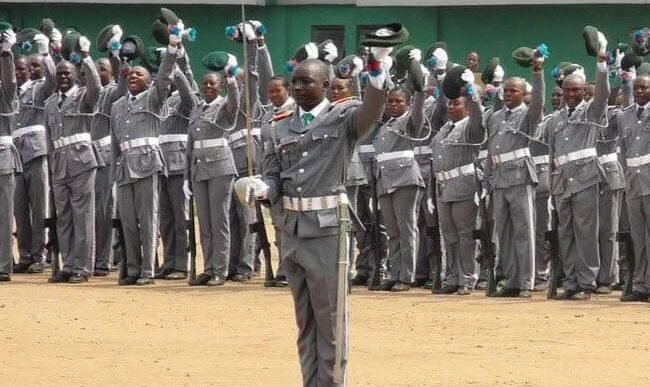President Bola Ahmed Tinubu has directed an immediate review of the 2026 Hajj fares following growing public concern over the projected costs for next year’s pilgrimage to Saudi Arabia.
Vice-President Kashim Shettima announced the President’s directive on Monday during a meeting with the management and board members of the National Hajj Commission of Nigeria (NAHCON) at the Presidential Villa in Abuja.
According to Shettima, the President’s instruction reflects his administration’s commitment to ensuring that the spiritual aspirations of Nigerian Muslims are not hindered by economic challenges or administrative bottlenecks.
“The President has directed that the 2026 Hajj fare structure be thoroughly reviewed to make it more affordable and transparent,” the Vice-President stated. “This review must consider current economic realities, exchange rates, and government’s ongoing efforts to stabilize the naira.”
Background: Rising Costs Spark Concerns
The announcement comes amid mounting concerns from intending pilgrims and Islamic organizations over rising Hajj costs in recent years. The weakening naira and global inflation have contributed significantly to fare hikes, leaving many prospective pilgrims unable to afford the trip.
In 2024 and 2025, Hajj fares surged dramatically, with the average cost exceeding ₦6 million per pilgrim — a figure more than double what was paid in 2019 before the COVID-19 pandemic. NAHCON had attributed the increase to foreign exchange pressures, airfare adjustments, and higher accommodation costs in Saudi Arabia.
Religious leaders and state pilgrims’ welfare boards have since appealed to the federal government to intervene to prevent further escalation of fares ahead of the 2026 pilgrimage.
Tinubu’s Directive: Relief and Accountability
The President’s directive is seen as a move to cushion the burden on Nigerian Muslims planning to participate in next year’s Hajj and to ensure transparency in how the fares are computed.
Vice-President Shettima emphasized that the review will involve consultations with stakeholders, including state pilgrims’ boards, airlines, Saudi authorities, and financial institutions handling foreign exchange transactions for Hajj operations.
He noted that the government is also exploring options to secure a more stable exchange rate arrangement for Hajj payments, which are mostly denominated in U.S. dollars and Saudi Riyals.
“The government recognizes the Hajj as not just a spiritual duty but also an emotional journey for millions of Nigerians. We must ensure that affordability, fairness, and accountability guide the entire process,” Shettima said.
NAHCON’s Response and Next Steps
In response, NAHCON Chairman, Malam Jalal Ahmad Arabi, commended the President for his proactive stance and assured that the Commission would immediately set up a technical review team to implement the directive.
Arabi stated that NAHCON is already engaging with the Central Bank of Nigeria (CBN) and the Ministry of Foreign Affairs to explore currency stabilization options and negotiate favorable service rates with Saudi authorities.
“We will re-examine every component of the fare structure — from accommodation and feeding to transport and administrative costs — to identify areas where savings can be achieved without compromising service quality,” the NAHCON boss said.
He also reiterated the Commission’s commitment to transparency, promising that all stakeholders would be carried along in the review process.
Muslim Community Welcomes Move
The directive has been widely welcomed by Islamic scholars, clerics, and civil society groups. The Supreme Council for Islamic Affairs (NSCIA) praised the Tinubu administration for its “listening ear” and described the decision as “a timely intervention to restore hope among Nigerian pilgrims.”
Sheikh Ahmad Gumi, a prominent Islamic cleric, noted that many Muslims have been priced out of performing the Hajj due to escalating costs, urging the government to sustain this review as a long-term policy.
“The Hajj should not be an exclusive preserve of the rich,” Gumi said. “We appreciate President Tinubu for intervening at this critical time and hope the review will result in practical relief for ordinary Nigerians.”
Economic and Policy Implications
Economists have linked the high cost of Hajj to Nigeria’s broader foreign exchange challenges. With the naira trading above ₦1,500 to the dollar on the parallel market, costs denominated in foreign currency have skyrocketed.
Dr. Aminu Lawal, a development economist, told journalists that the review presents an opportunity for the government to address systemic inefficiencies in the Hajj financing process.
“Beyond subsidy considerations, this is about efficiency and transparency,” he said. “Many of the components that make up Hajj fares — like air travel, logistics, and accommodation — are priced in foreign currency. If the government can stabilize the forex rate and streamline service providers, fares could drop significantly.”
He added that improved oversight could also help prevent exploitative practices by third-party agents and ensure that pilgrims get value for their money.
Focus on 2026: A New Model for Hajj Management
The 2026 Hajj will mark the second full pilgrimage to be organized under the Tinubu administration. Observers believe the review may lead to a comprehensive reform of Nigeria’s Hajj management system, including digitalization of registration, payment, and monitoring processes.
Vice-President Shettima hinted that the federal government might consider introducing a flexible payment plan for intending pilgrims, allowing installmental contributions through licensed banks and Islamic financial institutions.
“Affordability is one thing, but accessibility is another,” he said. “We are looking at a holistic framework that will make Hajj planning easier and more transparent for every Muslim, regardless of their financial background.”
Conclusion
President Tinubu’s order for an immediate review of the 2026 Hajj fares represents a significant policy intervention aimed at balancing economic realities with religious obligations.
As NAHCON commences consultations and reviews, millions of intending pilgrims across Nigeria will be watching closely, hoping for meaningful reductions in fares and a more transparent, accountable process.
The coming weeks will be critical in determining whether this presidential directive translates into real relief for ordinary Nigerians seeking to fulfill one of Islam’s most sacred pillars — the journey to the Holy Land.



